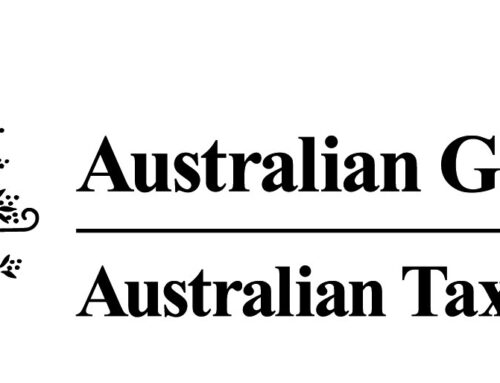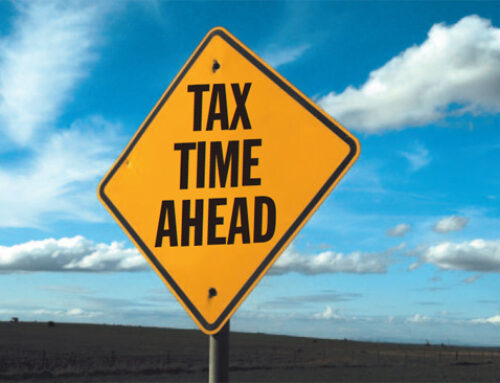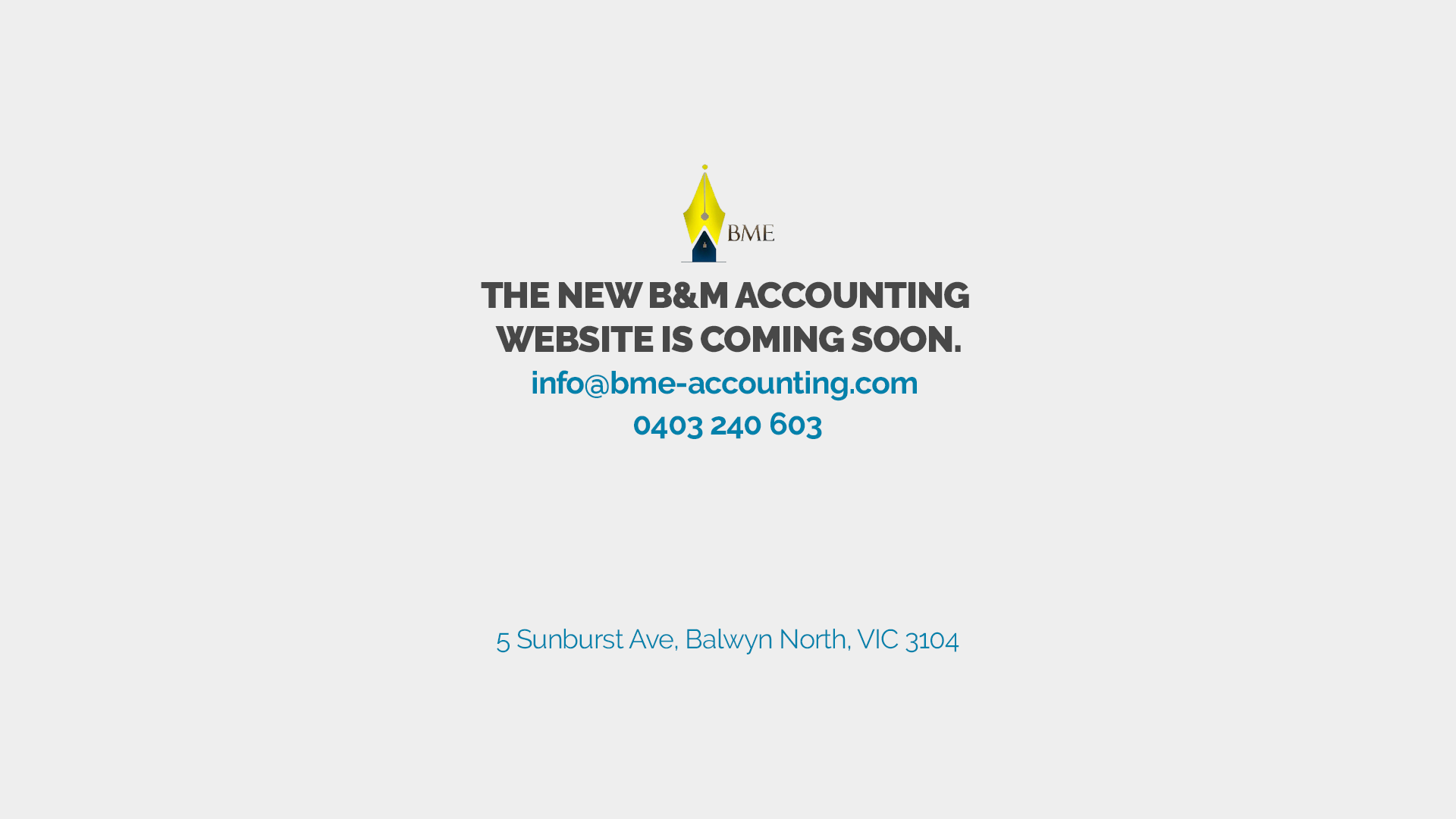Unfortunately there are many myths about what tax advantages comes with property investment. Where an investors does not understand that taxation rules, and they are audited, the resulting tax penalties can eat up any investment benefits.
Travel Cost
One of the first tax myths of property investment related to claiming travel costs. This is especially the case for interstate property ownership. There is a general misconception that all costs associated with visiting a rental property are tax deductible. This includes airfares accommodation and incidentals. Nothing could be further from the truth.
How much can be claimed for travel expenses is determined by how much time is spent related to the rental property. If you had Queensland rental property and flew up there, stayed a week, and spent an hour inspecting the property, very little of the travel costs would be tax deductible.
If on the other hand you spent a week arranging repairs, carrying out some repairs yourself, visiting the agent, buying furniture, and generally spent nearly all of your time on property matters, the whole of the travel costs would be tax deductible.
Motor vehicle travel costs are also deductible for properties. Again if the travel just involves driving past the property it would be hard to justify a claim. Whereas if the trip relates to driving to the property and getting out to collect rent, inspect the property when a tenant leaves or see if they are looking after the property, or mowing and carrying out repairs, a claim could be made for the travel. In most cases the kilometer basis is the best method to use.
Apportionment of costs
Where a property has two purposes, such as rental property used for private purposes, a tax deduction for all of the costs related to that property cannot be claimed. An example of this would be a seaside property that is used by the owners and their friends at no cost. In this situation the costs of that property must be apportioned between the private use and the investment use.
A reasonable way of doing this is on a time basis. If a holiday home is available for rent for 52 weeks of the year, and is not used by the owners unless they are doing gardening or maintenance on the property, all of the cost should be tax deductible.
If on the other hand a holiday home is used for two out of the 10 weeks that it could normally be rented for 20% of the property’s costs including interest could not be claimed as a tax deduction. If the ATO can show that the owners of the property had not made every reasonable effort to rent it out, and used it themselves, the whole of property could be regarded as personal and private and nothing would be deductible.





